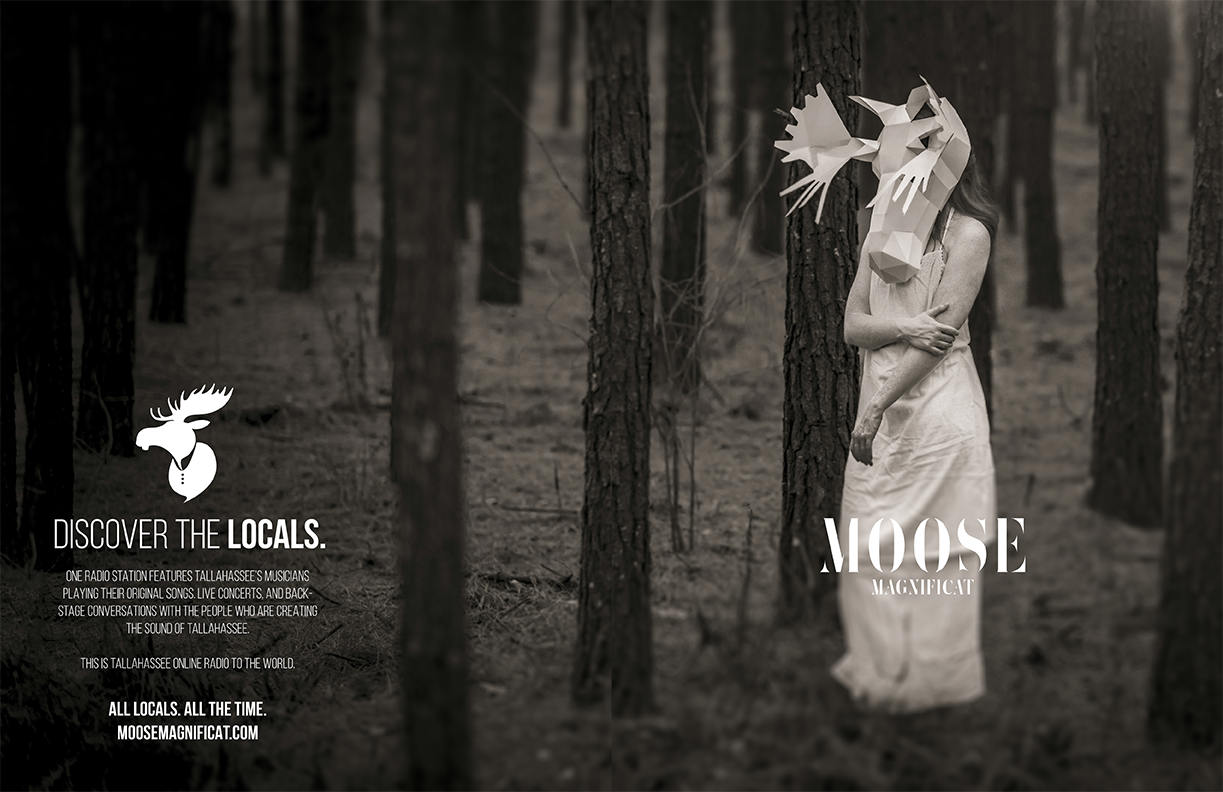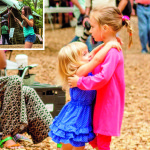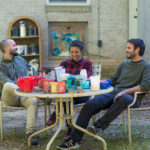by Lauren Book and Tara Zuckerman, Psy.D.
The beginning of a new school year can be very exciting with new teachers, new classmates, new opportunities and a new environment. Unfortunately, it can also mean new opportunities for children to come into contact with sexual predators.
It’s tough to consider but, amid all the good things happening with the start of school, parents should arm themselves with some tips and tools to ensure their children are as safe as possible entering the new academic year.
Below are six back-to-school tips to help parents feel educated and prepared, rather than afraid.
- “Stranger danger” is a myth.
We know that 90 percent of the time a child is being harmed, it’s at the hands of someone they and their parents know and trust. This extends, sadly, to teachers, coaches, school volunteers and the adults in a new school friend’s family.
DON’T: Warning children about “stranger danger” is antiquated and misinformed. Strangers are rarely the perpetrators of child sexual abuse.
DO: As new adults in positions of authority come into a child’s life with the start of the school year, it’s more important than ever for children to have open communication with the trusted grown-ups in their life.
2. Use the right words.
The words we use, particularly with children, have implications for what kids understand and respond to. It’s critical that parents choose language that allows children to express themselves without fear of judgement.
DON’T: “Good” and “ bad” are words fraught with implications for children who want to please. Like stranger danger, “good touch, bad touch” are old and ineffective terms to use when talking with children about sexual abuse.
DO: Parents should talk with their children about “safe” and “unsafe” feelings, touch and situations. Just like crossing the road or not touching the stove when it’s hot, “safe” and “unsafe” allow children to understand a situation without concern about punishment.
3. Pick up from a new friend’s house the right way.
With the new school year comes new friends, which means playdates and sleep overs at new homes. How a parent handles these moments in time can make all the difference in whether a child is able to share feelings and concerns.
DON’T: When picking up a child from a friend’s house, it’s common for parents to ask children if they had a good time in the presence of the other parents. Or worse, instruct their child to tell to the other parents that they had a good time.
DO: It’s better for parents to offer their own thanks for the invitation and then open a dialogue with their child when they are alone together.
If indeed something occurred at the friend’s house, a child is not going to be able to acknowledge it in the presence of the friend’s parents. And, once they’ve told everyone that they had a good time, the child will be hesitant and afraid to contradict that for fear of telling a lie.
4. Keep an eye on sports activities.
Sadly, there is regular news around the country about coaches taking advantage of the student athletes in their care. Child predators are very skilled at “grooming” their victims, so watch adults who go out of their way to treat a child as special through presents and compliments.
DON’T: Be aware that grown-ups who regularly isolate children for special tasks or extra training may be looking for abuse opportunities. There may be physical contact in the form of hugging, tickling or wrestling as a sign of affection and, if the activity is allowed, the behavior can then progress to increasingly intimate acts.
DO: Talk to other parents about their experiences as part of the team and attend sporting events in which your child is participating. On occasion, show up at a random practice early or late and observe the team dynamics. If a child has a sudden aversion to participation in a sport, engage them in conversation about why they feel that way rather than pushing them to stick to it.
5. Create a Trusted Triangle.
Talking with children about sexual abuse can be daunting for parents. Just acknowledging the possibility can feel terrifying. But there are ways to broach the subject in a way that’s comfortable for everyone.
DON’T: Just because they themselves are uncomfortable with the discussion, parents can’t take a pass on the opportunity to provide their child support and guidance in owning their own ‘safe’ and ‘unsafe’ feelings.
DO: Parents can choose an activity that allows discussion to occur in the course of completing the activity together. One of Lauren’s Kids favorite activities is the Trusted Tringle.
Have the child draw a triangle with their name in the center. At each of the points, the child then writes the name or draws a picture of a grown-up that they trust and can talk to about anything, whether it’s a bad dream, a fight with a friend, or a touch that makes them feel not quite right. Be sure the adults identified are old enough to drive a car, and that at least one person in the Trusted Triangle is not a family member.
Tell the child that if something or someone makes them feel unsafe or not quite right, they should tell someone in the Trusted Triangle. They should know to keep telling someone until they feel the two H’s: Heard and Helped.
6. Ask the right questions.
Even with surly teenagers, it’s critical to keep the lines of communication open. Back to school is a hectic time with everyone getting back into a regular routine and, in the midst of the chaos, it’s even more important to make time for conversation.
DON’T: It’s easy to make a habit of asking “How was your day?” after school while in the midst of checking email or making dinner. Questions like this, particularly when accompanied by distracted listening, signal to a child that the parent really doesn’t want to know more than the surface detail. It’s the equivalent of adults casually asking “How are you?” without really expecting an honest answer.
DO: Children (and teenagers!) love to be asked open ended questions and actively heard. Questions might include “Tell me about your classroom. Who do you sit with? What do you like about your teacher? What good thing happened today? Did anything unsafe or scary happen today?” and “Who are the trusted adults at your school?”
And then parents should be quiet and listen. Children are aware when they are being actively heard and will open up more when they feel valued and understood.
Lauren Book, M.S. Ed., is an author, educator and internationally respected and renowned child advocate. As founder and CEO of Lauren’s Kids, Lauren seeks to create a world where the exploitation of children is not tolerated.
Tara Zuckerman, Psy.D., is a licensed psychologist and South Florida native. She specializes in the treatment of anxiety disorders, autism spectrum disorders and attention deficit disorders.











